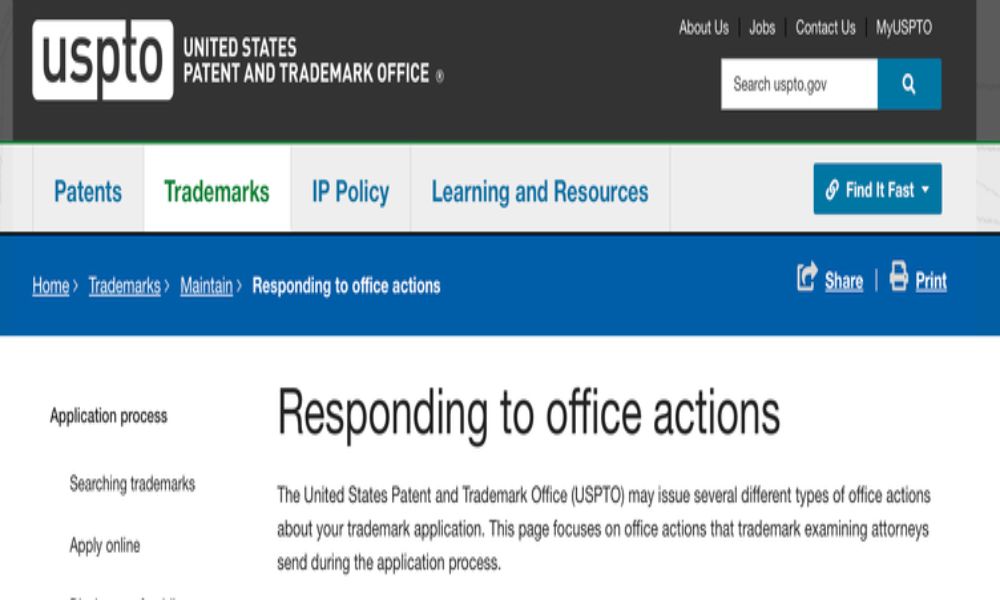
In today’s landscape, we’ve noticed a divide: some corporations are hitting pause on the use of ChatGPT and other generative AI tools, while others are diving in headfirst. We see this concern as genuine but also believe it’s a temporary hiccup. It’s not a question of ‘if’ companies and patent drafting professionals will adopt generative AI for their patent needs; it’s simply a matter of ‘when.’
Think of it as a bit of a race – those early adopters are sprinting ahead, eager to harness the power of AI in their patent drafting, while others are taking a more cautious approach. It’s less about whether AI will be a game-changer in patent drafting and more about how soon it will become an indispensable part of the process.
While the market continues to find its footing, here at IP Author, we believe it’s the perfect time to shed light on the top 10 considerations for patent drafting attorneys like yourself who are eager early adopters. The following considerations will be very useful in provisional patent draft applications with generative AI.
Fully Automated Claim Language:
In this day and age, your AI patent drafting tool should be more than just a fancy text editor. It should be able to assist you in crafting your claim language based on your invention, not just segmenting it.
Prior Art Search:
Some may argue that prior art searches aren’t necessary for patent filings, but we beg to differ. Our statistics show that patents filed with disclosures (read prior art) tend to have shorter pendency periods at the PTO and fewer office actions. Imagine the benefits if your AI-powered tool could assist here!
Template / Style Guide:
We understand that every patent attorney has their unique writing style. Your AI-based drafting tool should be able to adapt and mimic your style, reducing your workload.
Office Action Response:
Consider this – if generative AI tools can create patent claims from open-ended invention disclosures, they should also excel at crafting suitable responses to narrower office actions. After all, the focus of an office action is often more specific than drafting a full patent claim.
Zero Data Retention and Data Privacy:
This is non-negotiable. We recognize that without robust data privacy and confidentiality, AI-based drafting tools may not gain acceptance among patent professionals. OpenAI, the provider of our generative AI LLM, understands this concern and approves select tool vendors for zero data retention, ensuring your data remains yours.
Multi-Country PTO Support:
As a patent professional, your aim is often to secure patent protection not only in the US but also abroad. Your AI drafting tool should be well-versed in the requirements of various country PTOs to assist you effectively.
Meet IP Author – an AI-powered patent drafting tool that harnesses the capabilities of ChatGPT and offers all the features mentioned above. It comes with a seal of approval from several prestigious patent law firms and Fortune 500 organizations that trust it. If you’re an early adopter, you can explore IP Author at ipauthor.com.